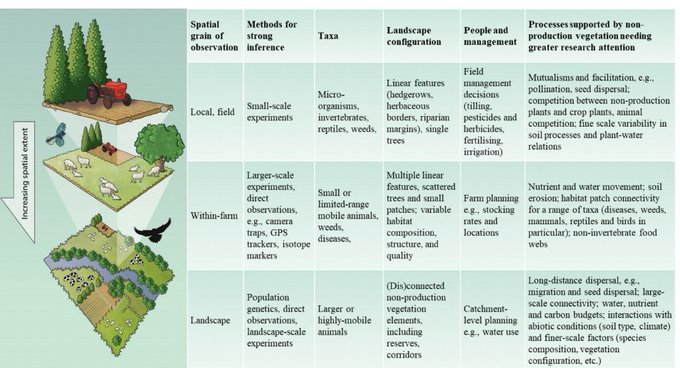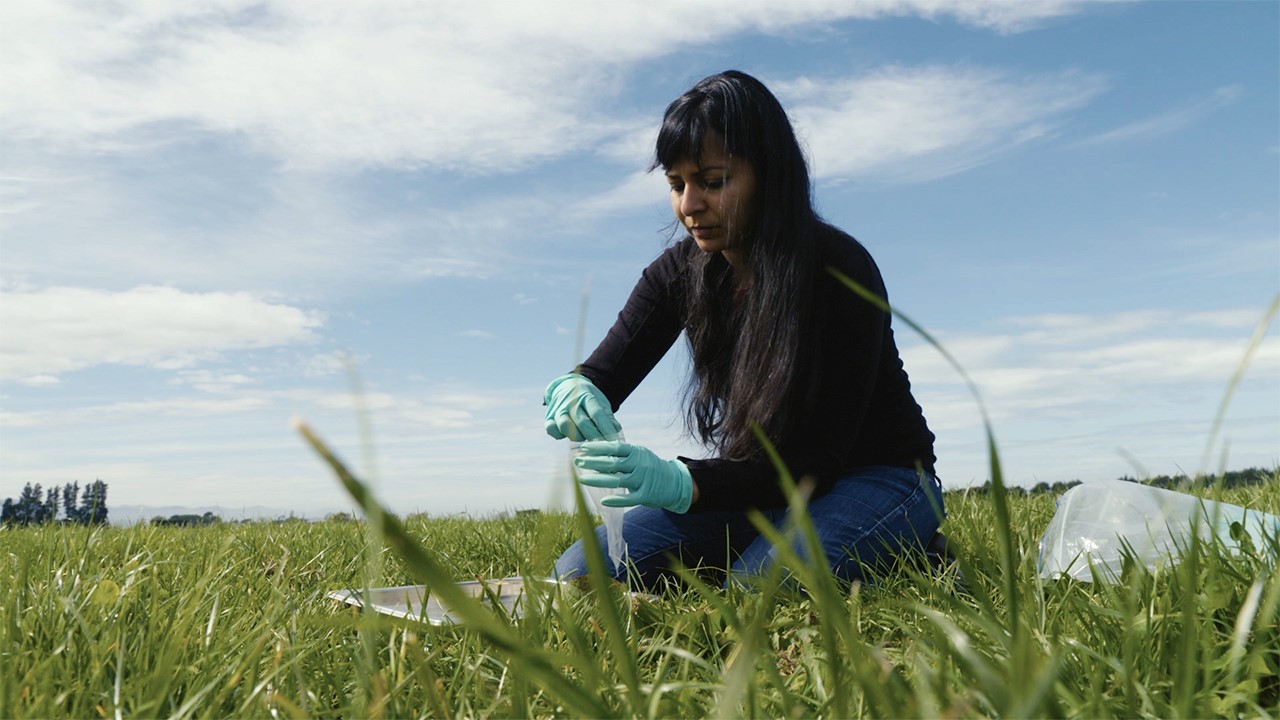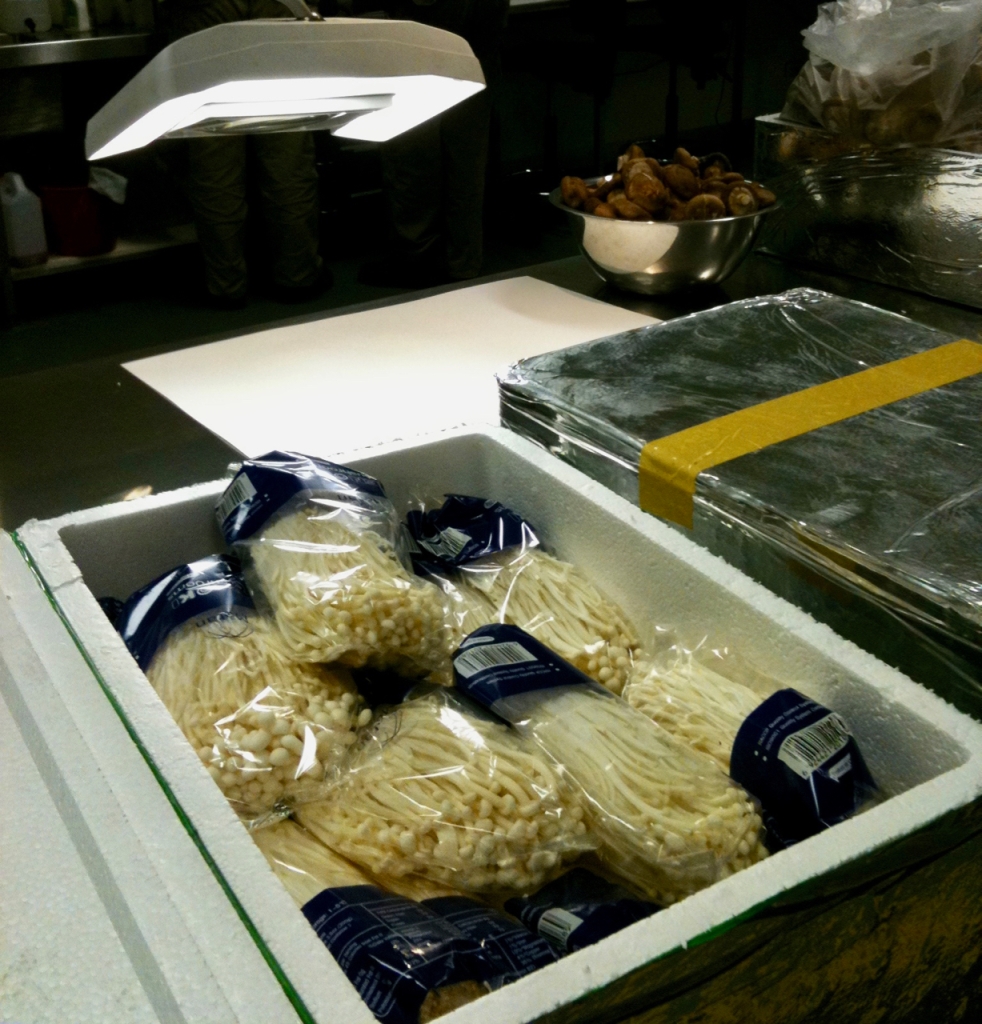Te Whare Tiaki Koiora | Mo te orangatonutanga o tō tātou Kanorau Koiora
Posted by Jacqueline Beggs
The Centre for Biodiversity and Biosecurity is hosting a series of three bite-sized webinars to highlight recent research in biodiversity and biosecurity.
Join us online for these free webinars, making sure to register beforehand:
- 16 June 2020 – Conservation connectivity: from backyards and farms to landscapes
- 23 June 2020 – Out of sight, out of mind: exploring microbial diversity and function
- 1 July 2020 – Better biosecurity by the numbers
Conservation connectivity: from backyards and farms to landscapes
Date: Tuesday 16 June 2020 at 2pm
Speaker: Associate Professor Margaret Stanley – Te Kura Mātauranga Koiora/School of Biological Sciences, Te Whare Wānanga o Tāmaki Makaurau/University of Auckland, New Zealand
Twitter: @mc_stanley1
Description: Conservation in Aotearoa-New Zealand is heading toward landscape-scale conservation. By working at the landscape scale, we are aiming for ecological connectivity and functioning at a scale that makes sense for organisms and ecosystems. However, landscape scale conservation presents challenges across all scales: it encompasses a variety of habitat types and a variety of people.
In this webinar, Margaret will discuss both the positive and negative aspects of connectivity in farms and cities, and asks whether place-based conservation hinders landscape scale conservation.

Out of sight, out of mind: exploring microbial diversity and function
Date: 23 June 2020 at 2pm
Speaker: Dr Manpreet K Dhami, Research Scientist, Manaaki Whenua Landcare Research
Twitter: @manpreetkdhamiRegister here
Description: From carbon cycling to animal health, microbes mediate essential functions for life and the stability of systems worldwide. While scientists are racing to characterise microbial communities, a lack of understanding of microbial function has impeding progress.
Using examples from plant, soil and animal microbiomes, Manpreet will discuss how perturbation experiments that alter microbial communities and can reveal the function of these invisible powerhouses.

Better biosecurity by the numbers
Date: Tuesday 1 July 2020 at 2pm
Speaker: Professor Andrew Robinson – Director, CEBRA and Professor of Biosecurity, School/s of BioSciences and Mathematics & Statistics University of Melbourne, AustraliaRegister here
Description: Biosecurity focuses on protecting countries and regions against invasive pests, which are recognized by IUCN-World Conservation Union as the second most important cause of species extinction worldwide – and the main cause on islands.
CEBRA is the Centre of Excellence for Biosecurity Risk Analysis, jointly funded by the Australian and New Zealand governments to provide advice and develop tools for biosecurity risk analysis. Our research focuses on developing and implementing tools to assist in the management of biosecurity risk at national and international levels.
Andrew will describe in ringing terms a few showcase projects, underline some soaring successes, brush dismissively over our few dismal failures, and trawl selectively through the lessons learned.

